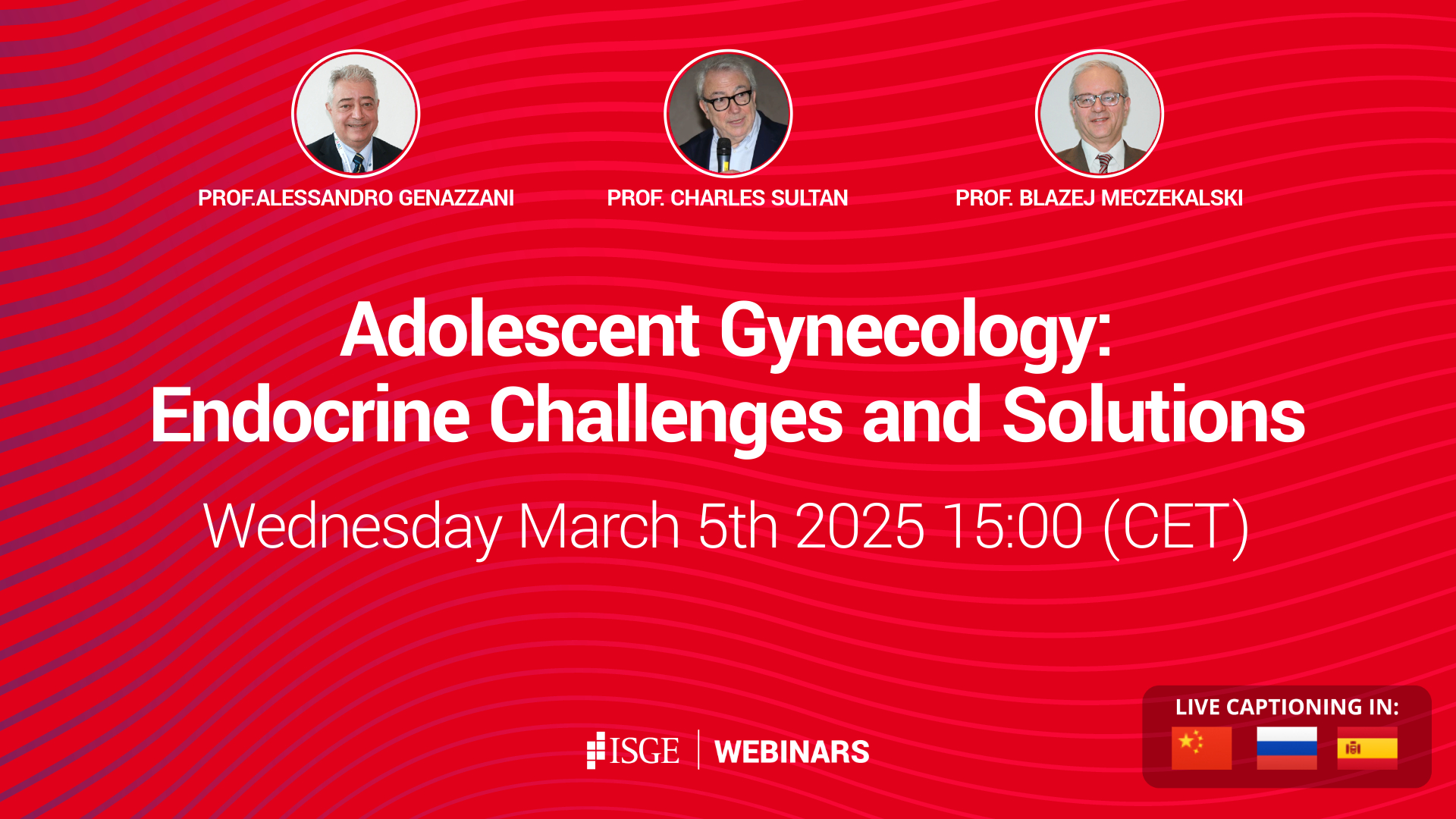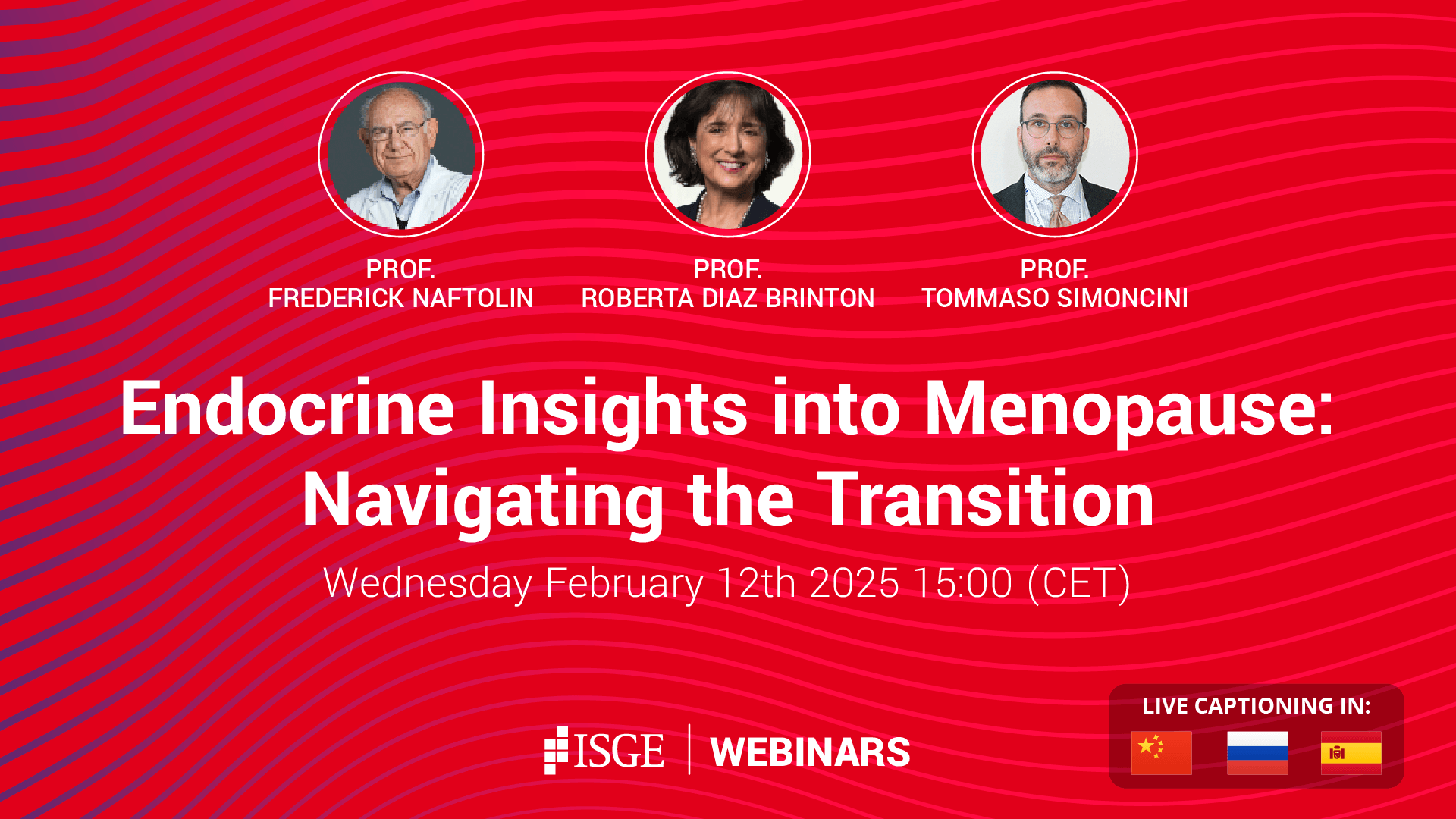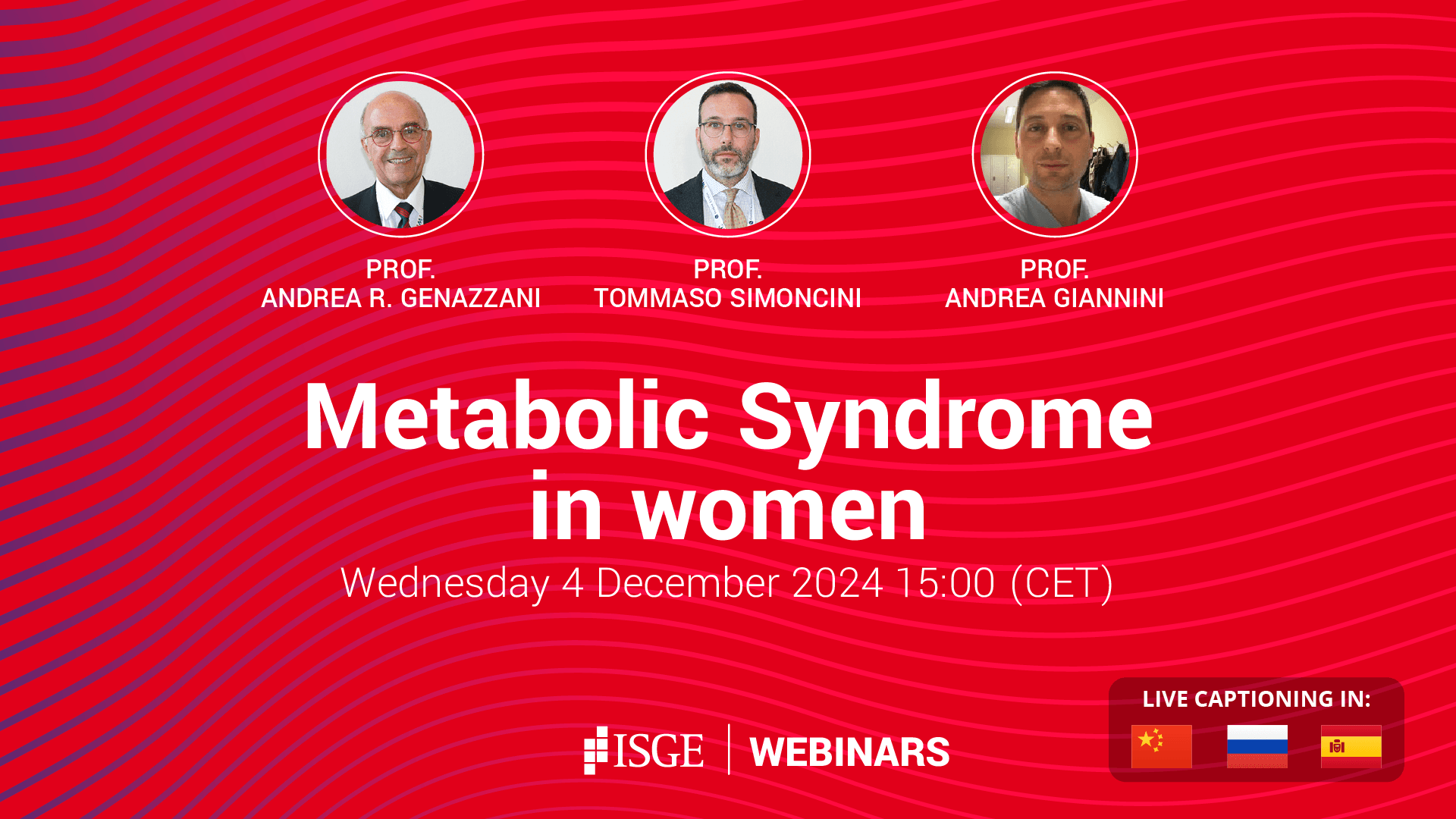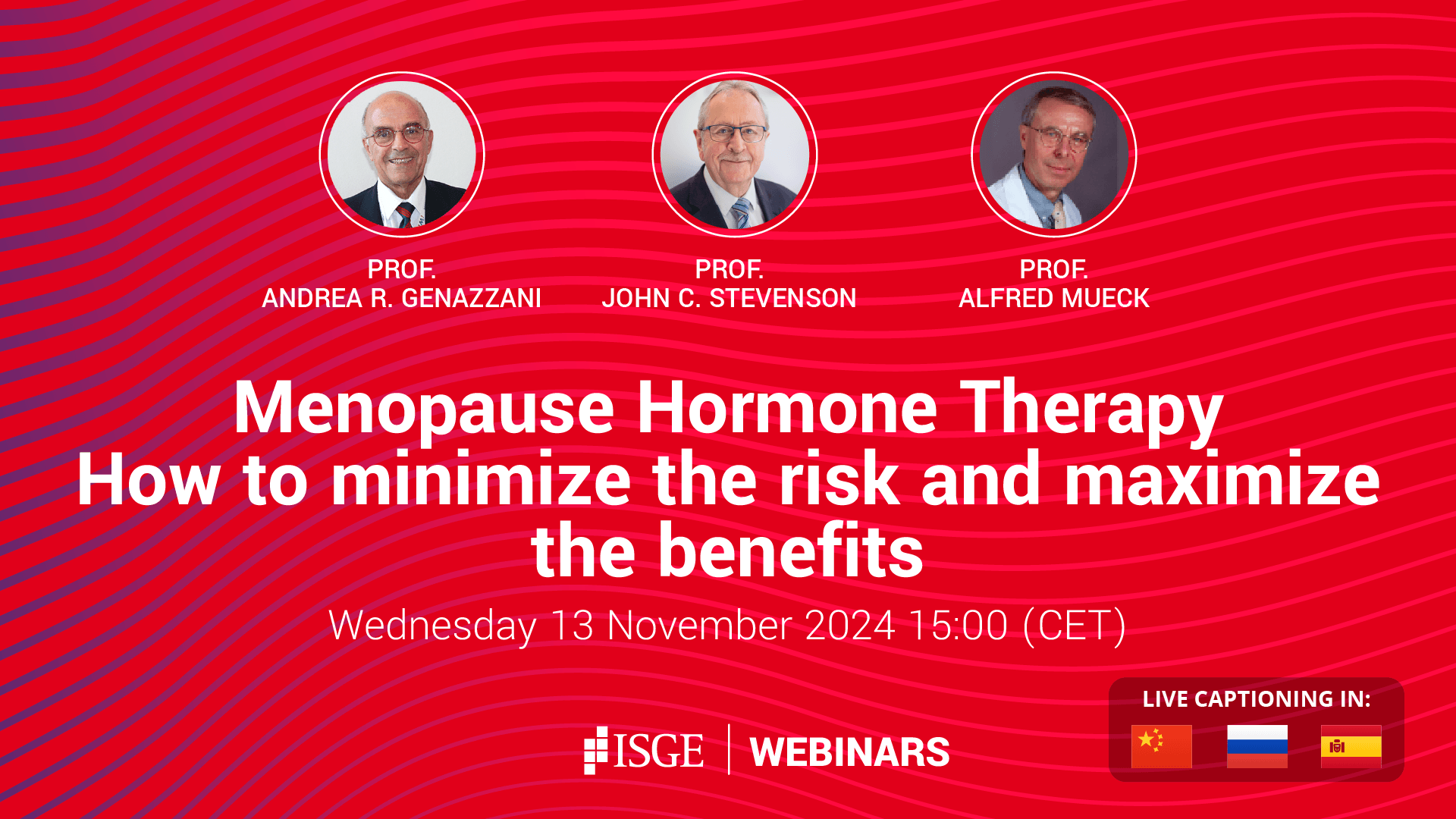Many specialists in gynaecological endocrinology and reproductive medicine are treating transgender people. These patients are often worried about the cancer risk linked to their new gender identity. For breast cancer risk, a recent article gives an answer:
De Blok et al. (1) performed in the Netherlands a nationwide cohort study in 2260 trans women. 15 cases of invasive breast cancer were identified (median duration of hormone treatment 18 years, range 7-37 years). This was 46-fold higher than in cisgender men (standardised incidence ratio 46.7, 95% confidence interval 27.2 to 75.4) but lower than in cisgender women (0.3, 0.2 to 0.4). Most tumours were of ductal origin and oestrogen and progesterone receptor positive, and 8.3% were human epidermal growth factor 2 (HER2) positive.
In conclusion, this study showed an increased risk of breast cancer in trans women compared with cisgender men. In trans women, the risk of breast cancer increased during a relatively short duration of hormone treatment and the characteristics of the breast cancer resembled a more female pattern.
There are two practical lessons coming from this study:
- Trans women approach but don’t reach in a relatively short time the higher breast cancer risk pattern of the normal female population (cis women). Trans women have to be informed about this risk before they start treatment.
- The absolute risk of breast cancer in transgender people remains low, and therefore following breast cancer screening guidelines for cisgender people seems sufficient for transgender people using hormone treatment.
Prof. Martin Birkhaeuser
Note:
1. Christel J M de Blok,1,2 Chantal M Wiepjes,1,2 Nienke M Nota,1,2 et . Breast cancer risk in transgender people receiving hormone treatment: nationwide cohort study in the Netherlands. BMJ 2019;365:l1652;




